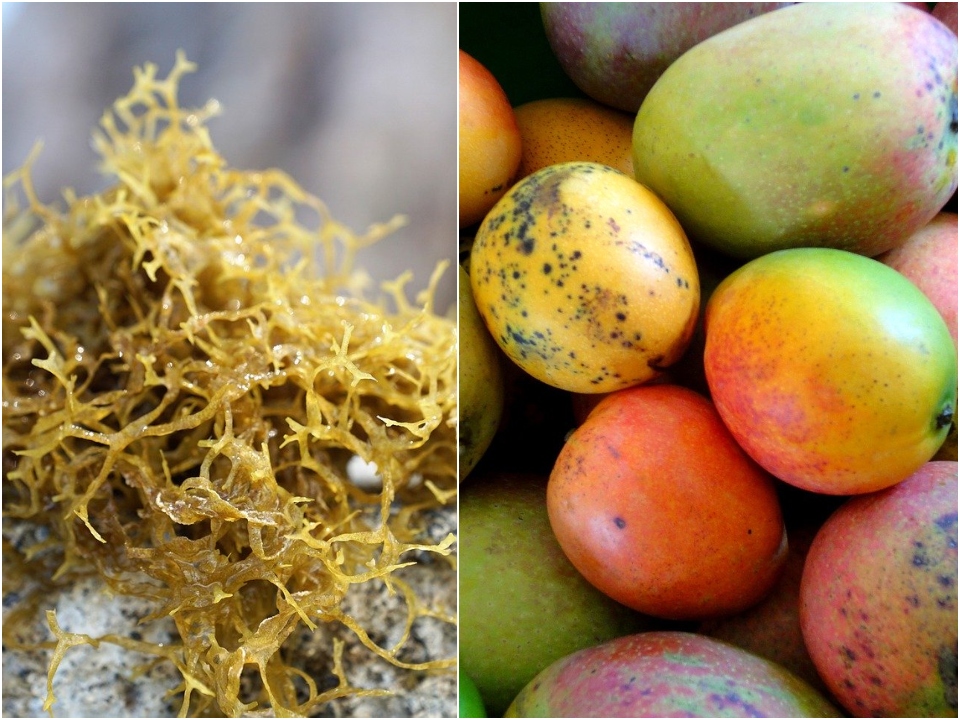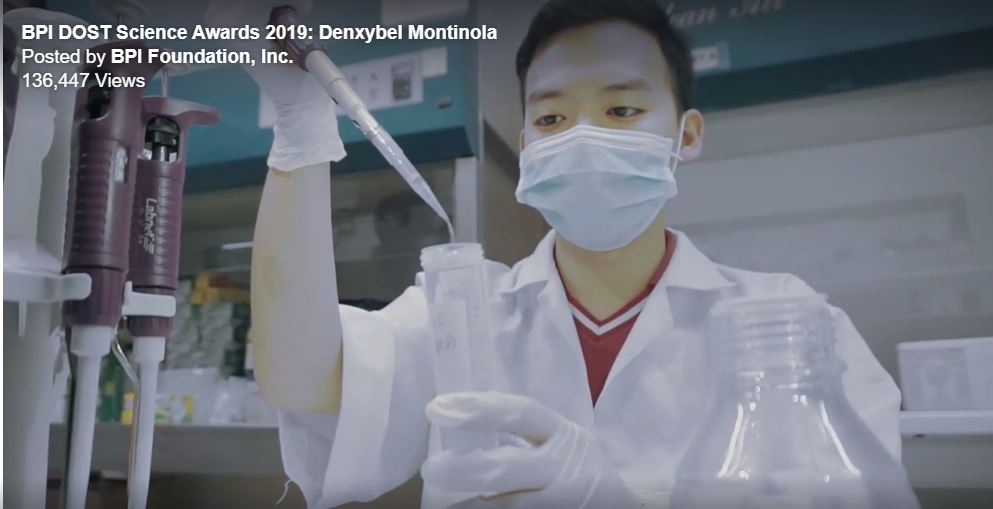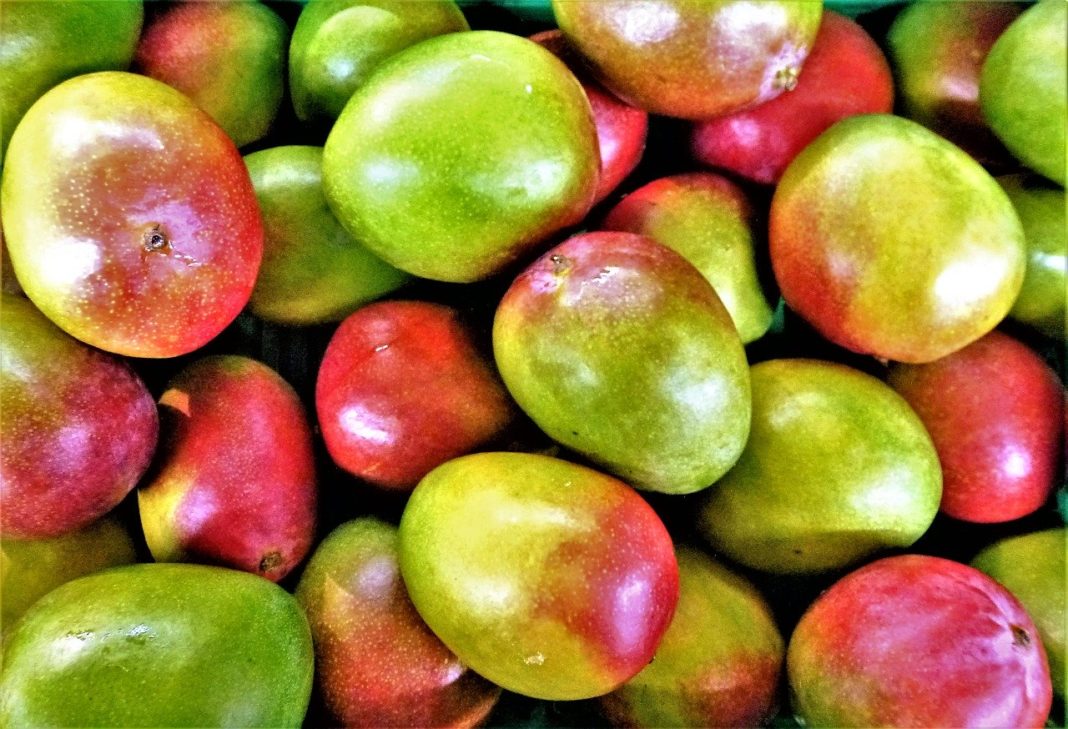A Filipino scientist has developed a sustainable bioplastic that is water-soluble and does not leave harmful micro particles, as well as traditional plastics that are ubiquitous and reach the entire food chain into our stomachs.
A young researcher from the Institute of Biological Chemistry at Academia Sinica in Taiwan, Denxybel Montinola, at the age of 23, found a way to use abundant Philippine commodities, mangoes and seaweeds to produce sustainable bioplastic.
Biomass
All types of bioplastics are made from biomass, for example, maize, sugar cane, or fossil fuels. They are often used to make disposable items such as bags, crates, but also plastic plates and cutlery or even pots, but not all are biodegradable.

Montinola uses biopolymers, known as pectin and carrageenan, derived from mango peels and seaweed as the main ingredient. This type of bioplastic is biodegradable, water soluble.
Philippine mangoes and seaweed are the country’s main export commodities. The country exports 820 000 tons of mango and mango products each year.
Several Uses
Another interesting feature of this unique sustainable bioplastic is its ability to imitate, follow the movement of the human body.
„Not only we can make a bio-plastic out of it, but we can also create a tissue scaffold that protects the burned area of our skin for example, or stop local bleeding, “stated Montiniola.

Land and oceans are becoming a landfill of toxic plastic waste. Many animals die as a result of injuries, jams, and ingestion of plastic debris. That is why researchers are looking for alternatives of plastics. The Philippines could become a major contributor in this regard.
Not only does this help tackle food waste management and plastic pollution, his invention is “more robust and flexible and can mimic the mechanical strength of conventional plastic,” said the young scientist in an interview with Cebu Daily News.
Let us not allow plastic waste to survive humanity.
Source and credit: https://www.elitereaders.com/filipino-scientist-made-bioplastic-using-mango-and-seaweeds/, pixabay.com















